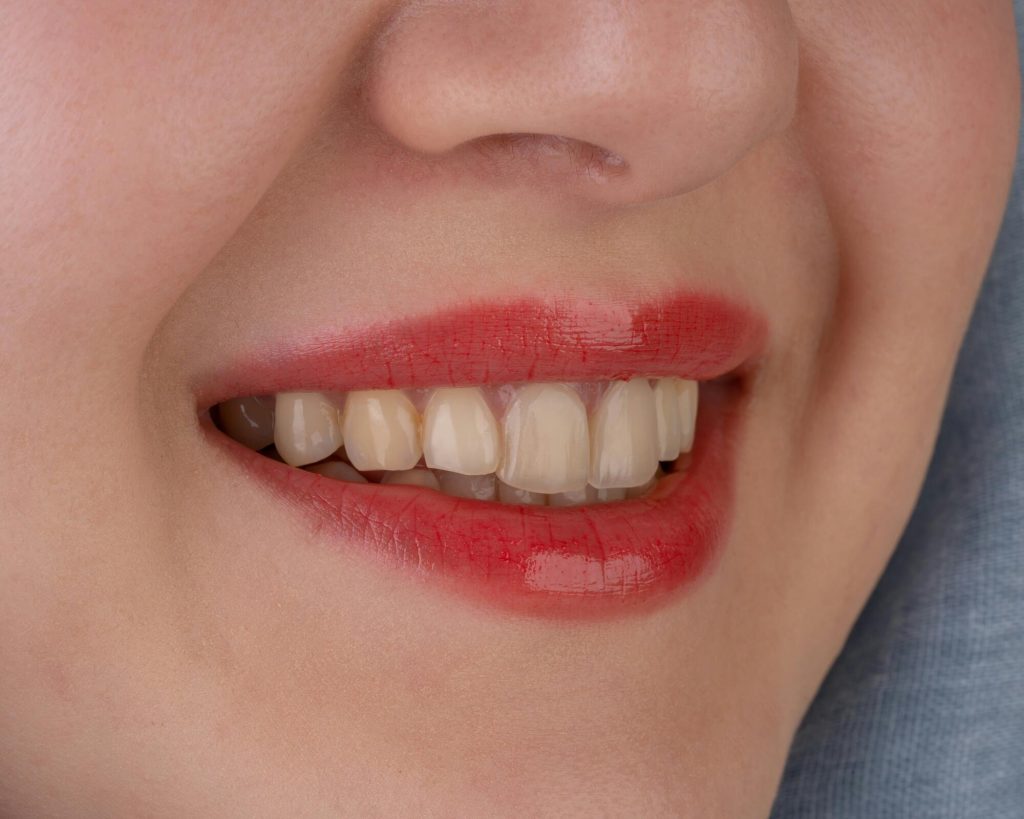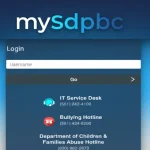Have you ever woken up with a sharp pain in your tooth that made eating or talking hard? Or maybe you’ve chipped a tooth while biting into something crunchy and didn’t know what to do next. Dental emergencies can happen to anyone, but they often come from small problems that grow bigger over time.
Many people ignore their oral health until it’s too late, leading to costly trips to the dentist or even losing a tooth. But what if you could stop these issues before they start?
By learning simple habits and tips, you can keep your smile bright and healthy. This guide will show you easy ways to protect your teeth, avoid common dental emergencies, and feel confident about your oral health every day.
Understanding Dental Emergencies
Dental emergencies can strike without warning, but most of them stem from everyday habits that wear down your teeth over time. For example, grinding your teeth at night or chewing on hard objects like ice can crack the enamel, which is the hard outer layer that protects your teeth. If you don’t fix these cracks early, they can lead to bigger problems like infections or broken teeth that hurt a lot.
Another common cause is not cleaning your teeth well, which lets plaque build up and turn into cavities. Cavities are holes in your teeth that start small but can grow deep if ignored, causing pain when you eat hot or cold foods. Knowing what causes these issues helps you spot them early and take action before they become emergencies.
Many people think dental emergencies only happen from accidents, but poor daily care plays a big role too. By paying attention to how you treat your mouth, you can prevent many of these surprises.
Regular checkups can prevent many dental issues from turning into big problems, as dentists can catch small problems before they get worse. This way, you stay ahead of potential pain and keep your smile looking great.
Daily Habits to Protect Your Teeth
Building good daily habits is one of the best ways to keep dental emergencies at bay and maintain strong oral health. Start by brushing your teeth twice a day with a soft toothbrush and fluoride toothpaste, which helps remove food bits and bacteria that cause decay. Make sure to brush gently in circles for at least two minutes, reaching all areas including the back teeth where problems often hide.
Flossing every day is just as important, as it cleans between your teeth where your brush can’t go, stopping plaque from building up and leading to gum disease. Gum disease can make your gums swell and bleed, and if it gets bad, it might cause teeth to loosen or fall out. Drinking plenty of water throughout the day also helps wash away sugars and acids from foods that can harm your enamel.
Avoid sugary drinks like soda, which can eat away at your teeth over time and increase the risk of cavities. Instead, choose water or milk to keep your mouth healthy and your teeth strong.
Wearing a mouthguard during sports or if you grind your teeth at night can protect against chips and cracks. These simple steps, done every day, create a routine that keeps your smile safe and prevents unexpected issues from popping up.
Foods That Help or Harm Your Smile
The foods you eat play a huge role in whether your teeth stay healthy or face dental emergencies down the road. Crunchy fruits and vegetables like apples and carrots are great for your teeth because they act like natural toothbrushes, scrubbing away plaque as you chew. They also provide vitamins that strengthen your gums and help fight off infections.
On the other hand, sticky candies and sugary snacks can cling to your teeth, feeding bacteria that produce acid and cause cavities. If you eat these often without brushing, the acid wears down your enamel, making your teeth more likely to break or hurt. Hard foods like nuts or popcorn can chip teeth if you’re not careful, especially if you have fillings that are old and weak.
To avoid this, cut hard foods into smaller pieces and chew slowly. Dairy products like cheese and yogurt are good choices too, as they have calcium that builds strong teeth and neutralizes acids in your mouth.
Balancing your diet with more helpful foods and fewer harmful ones can make a big difference in preventing dental problems. Remember, what you eat affects your oral health just like it does the rest of your body, so choose wisely to keep emergencies away.
The Importance of Regular Dental Care
Seeing your dentist regularly is key to spotting and fixing issues before they become dental emergencies that disrupt your life. During a checkup, the dentist looks for early signs of decay, gum problems, or other issues that you might not notice yourself. They can clean your teeth deeply to remove tartar that brushing misses, which helps prevent cavities and bad breath.
If you have habits like smoking or drinking coffee, your dentist can give advice on how to protect your teeth from stains and damage. Kids and adults alike benefit from these visits, as dentists teach proper brushing and flossing techniques that last a lifetime. Skipping appointments can let small problems grow into big ones, like abscesses that cause severe pain and swelling.
By going every six months, you stay on top of your oral health and avoid surprises. This routine care builds trust with your dentist, making it easier to handle any concerns that come up. Overall, regular dental care empowers you to take control of your smile and enjoy a healthy mouth without fear.
Preventing Dental Emergencies
Taking steps to prevent dental emergencies means thinking ahead and making smart choices that protect your smile for the long term. Wear protective gear like helmets during activities that could cause mouth injuries, such as biking or contact sports. This simple habit can stop broken teeth or jaw problems before they start.
If you have braces or other dental work, follow your dentist’s care instructions closely to avoid complications. Educate yourself on signs of trouble, like persistent bad breath or bleeding gums, so you can address them early. Teaching kids about oral health from a young age helps them build habits that last, reducing their risk of emergencies as they grow.
Avoid using your teeth as tools, like opening bottles, which can crack or chip them easily. By focusing on prevention, you create a safer environment for your mouth and enjoy peace of mind. These efforts pay off in a healthier, happier smile that lasts.
Staying Ahead of Dental Emergencies
Staying ahead of dental emergencies involves a mix of knowledge and action that keeps your oral health in top shape. Learn about your family’s dental history, as some issues like weak enamel can run in families and need extra care. Use fluoride products like mouthwash to strengthen your teeth against decay.
If you have dry mouth from medications, chew sugar-free gum to stimulate saliva, which protects your teeth naturally. Keep emergency supplies like gauze and pain relievers at home for quick fixes. Join community programs that offer free dental screenings to catch problems early.
By staying informed and proactive, you reduce the chances of sudden issues and maintain a strong smile. This approach turns prevention into a way of life, benefiting your whole family.
Empowering Your Oral Health Journey
Empowering your oral health journey means taking charge of your habits and seeking help when you need it to dodge dental emergencies. Track your progress by noting how your teeth feel after meals and adjust your routine as needed. Share tips with friends and family to spread good habits and support each other.
If you have questions, ask your dentist openly during visits to build a better understanding. Celebrate small wins, like going a year without a cavity, to stay motivated.
By empowering yourself with knowledge, you turn potential problems into opportunities for better health. This journey leads to a lifetime of confident smiles and fewer worries.
Final Steps to a Healthy Smile
Final steps to a healthy smile involve wrapping up your efforts with ongoing commitment that wards off dental emergencies for good. Review your daily routine and make tweaks to include more protective practices. Set reminders for dental appointments and self-checks to stay consistent.
Reward yourself for maintaining good habits, like treating yourself to a new toothbrush. Connect with online resources for extra tips on oral care.
By taking these final steps, you ensure your smile remains strong and emergency-free. This dedication brings lasting benefits to your overall well-being.
Safeguard Your Smile Today
In wrapping up, protecting your smile from dental emergencies is all about smart choices and steady habits that keep your teeth healthy and strong. You’ve learned how daily care, good food choices, and regular dentist visits can stop problems before they begin. By following these tips, you gain control over your oral health and avoid the stress of unexpected issues.
Remember, a little effort now saves a lot of trouble later, leading to a brighter, pain-free smile. Did this guide help you? Browse the rest of this section for more advice on a variety of topics.







